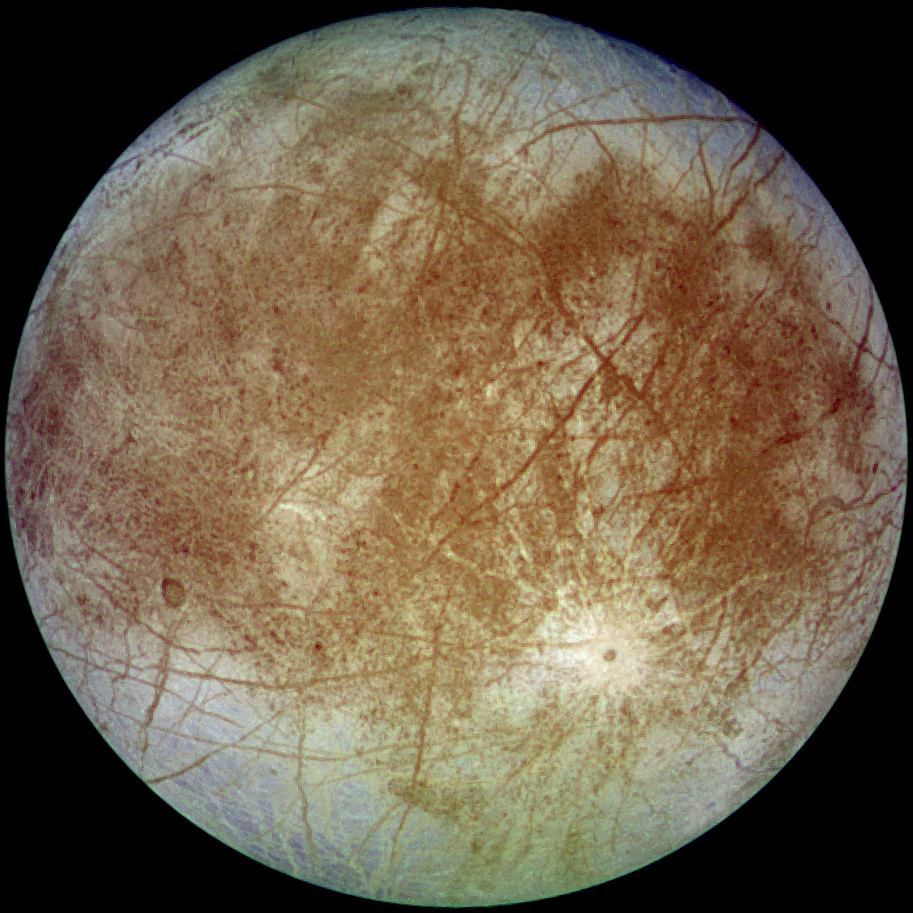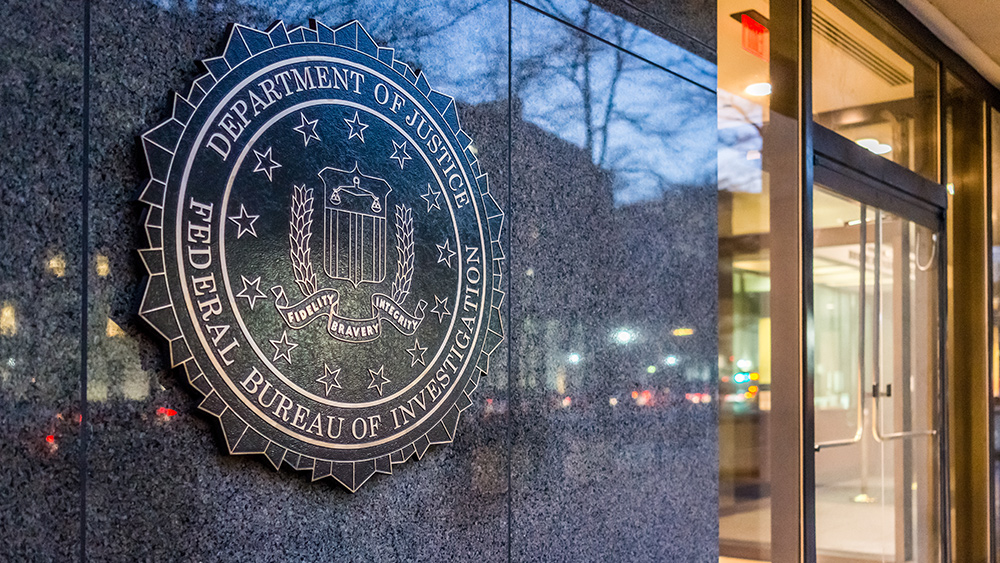 Parler
Parler Gab
Gab
"garlic may prove useful for patients who are at high risk of future cardiovascular events."4. Garlic Lowers Blood Pressure Better Than Drugs A groundbreaking study in the Pakistan Journal of Pharmaceutical Sciences compared garlic tablets with the blockbuster blood pressure lowering drug atenolol and a placebo. It found that garlic in daily doses ranging from 300 to 1,500 mg significantly reduced systolic and diastolic blood pressure in hypertensive patients compared to atenolol and placebo.[vii] How does garlic lower blood pressure? Sulfur compounds in garlic enter the red blood cells and are converted to hydrogen sulfide which dilates the blood vessels. That helps boost blood flow and reduce blood pressure. In another study Chinese researchers recruited 125 stroke patients and asked them how often they ate garlic. The mean garlic intake of the group was 2.9 grams per day – about one clove. Then they measured arterial blood flow using an ultrasound test. Researchers found they could accurately predict blood flow based on the amount of garlic the patients reported eating.[viii] Patients eating less garlic had poorer circulation. Those eating more had better circulation. 5. Garlic Fights Infection Garlic has potent antibacterial powers and may be the life-saving answer to the growing problem of multi-drug resistant bacteria. Studies prove that garlic can kill at least 13 types of infections – both bacterial and viral. One study compared garlic to the antibiotic drug metronidazole in treating vaginal infections. Every day, women in the study received either two 500 mg garlic tablets or two 250 mg doses of metronidazole. After seven days the garlic reduced the active infection by 70% compared to 48% for the drug. And garlic had no side effects making it a safer bet by far. Metronidazole is a probable carcinogen with a wide range of side effects including nausea, diarrhea, vomiting, headache, dizziness, and abdominal pain. Click here to learn how to treat a vaginal infection with a clove of garlic. 6. Garlic Prevents the Common Cold The Cochrane Collaboration in Australia documented a study in which garlic reduced the incidence of colds more than 50 percent.[ix] Researchers gave 146 people either a placebo or a garlic supplement - standardized to 180 milligrams of allicin. Allicin is the compound that gives garlic its pungent smell. After 12 weeks the placebo group had 65 total colds while the garlic group had only 24. In addition, the placebo group had a total of 366 sick days compared to the garlic group which only had 111. In other words, the placebo group had more than triple the number of sick days as the garlic group. Garlic can also reduce the severity of cold symptoms. In a randomized, double-blind, placebo-controlled study published in the journal Clinical Nutrition researchers gave 120 people either a placebo or 2.5 grams per day of an aged garlic extract supplement. Over six months, the garlic group had 58 percent fewer colds and suffered 61 percent fewer days with colds. In addition, the garlic group had 21 percent fewer symptoms when they did catch a cold. 7. Garlic Beats Chelation Drug for Detoxifying Lead Garlic naturally reduces blood and tissue concentrations of lead. And it's just as effectively as a common chelation drug. A study published in the journal Basic & Clinical Pharmacology & Toxicology compared garlic to the chelation drug known as d-penicillamine.[x] Researchers measured lead concentrations in the blood of 117 workers at a car battery plant. Then the workers were randomly assigned to take either garlic (1.2 milligrams of allicin from approximately 1,000 mg of garlic extract, three times daily) or d-penicillamine (250 mg, three times daily). After four weeks, both the drug and the garlic significantly reduced lead concentrations in the blood by about the same amount. But the garlic also improved clinical symptoms while the drug did not. The garlic significantly reduced irritability, headaches, deep tendon reflex, and systolic blood pressure. And the drug had serious side effects. The researchers concluded that
"garlic seems safer clinically and as effective as d-penicillamine. Therefore, garlic can be recommended for the treatment of mild-to-moderate lead poisoning."Garlic has been proven time and again to be safe and effective. Many studies have tested garlic oil, powder, or aged garlic extracts. But eating and cooking with fresh whole garlic is a great way to get the benefits on a daily basis. Aim for one clove a day. Add freshly crushed or chopped garlic to soups, stews, sauces, dressings, and vegetables. But let your garlic sit for a few minutes after crushing or chopping it. This allows the allicin to fully develop. Heating the garlic or adding an acid (like lemon juice or vinegar) right away will kill off many of the beneficial compounds. Read more at: GreenMedInfo.com
GovTrack and media deletion of Harris’ record sparks transparency debates, allegations of censorship
By News Editors // Share
A natural approach to preventing and overcoming dementia
By News Editors // Share
Latest NASA experiment suggests signs of life could be found on Saturn and Jupiter’s icy moons
By Kevin Hughes // Share
Ted Cruz warns Biden-Harris Supreme Court reform plan aims to destroy it
By News Editors // Share
Utah attorney catches FBI deception in OKC bomb records case
By News Editors // Share
Newsweek descends deeper into the gutter of vile propaganda
By News Editors // Share
Governments continue to obscure COVID-19 vaccine data amid rising concerns over excess deaths
By patricklewis // Share
Tech giant Microsoft backs EXTINCTION with its support of carbon capture programs
By ramontomeydw // Share
Germany to resume arms exports to Israel despite repeated ceasefire violations
By isabelle // Share










